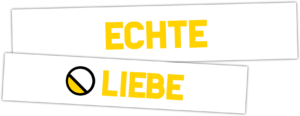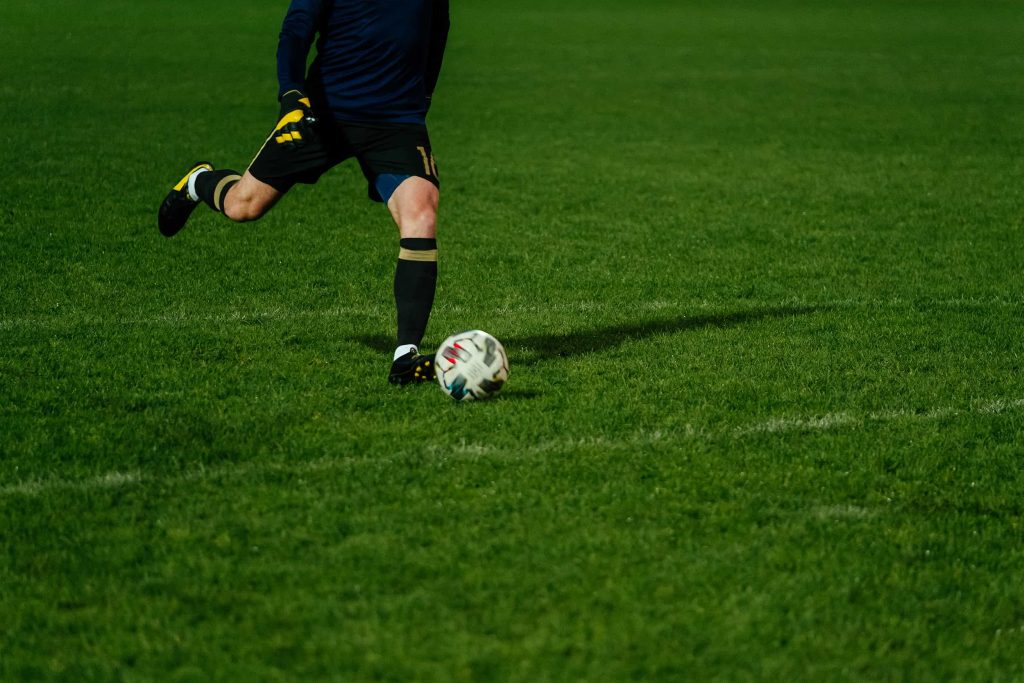Following a busy week that saw the closing of the European transfer window and the spectacle of the UEFA club competition draws, Borussia Dortmund capped the week with a rather dreary performance against Hannover 96, drawing 0-0 in a tightly contested affair. Lucien Favre will be happy with the way his defence and midfield guarded against any real threat to their own goal, but frustrated with the utter lack of fluency and clinical finishing from his attackers. The draw saw Dortmund close out the evening in first place in the Bundesliga, but the failure to come away with all 3 points in a winnable fixture has dealt an early blow to their efforts to keep pace with Bayern Munich early in the season.
The First Of Two Draws
In retrospect, this season’s UEFA Champions League draw will likely be looked back on as an easier road than “group of death” Dortmund tried and failed to navigate last season, but a tough road lies ahead nonetheless. Die Schwarzgelben were drawn into Group A on Thursday alongside fellow experienced Champions League foe Atletico Madrid, and the young but extremely talented Monaco. Club Brugge rounds out the group and will offer a welcome respite, though they are far from the worst club in the competition.
Unlike last season in which Dortmund were almost certainly the 3rd best team in their group behind Real Madrid and Tottenham, a top 2 finish is exceedingly more likely, with Atletico Madrid the only team in the group near certain to advance. Lucien Favre’s more balanced tactical approach compared to either manager last season should give his team a better chance to succeed in the opening stages of the Champions League, but as with any new manager, it will take time to fully implement his philosophy.
Need For Alcacer Is Apparent
As an industrious winger capable of scoring or creating in equal measure, Max Philipp is a quality asset to this Dortmund team. He is not, however, a true line-leading striker, and this was once again blatantly obvious for all to see on Friday at the HDI Arena in Hannover. On paper, a fluid attack utilising the creative talents and pace of both Philipp and Marco Reus seems like a dynamic idea. On the pitch, it has not quite worked out as well.
Philipp may possess the requisite pace and finishing ability to function as a number 9, using him as a lone striker tends to negate his best qualities and forces the Dortmund attack to be one dimensional. While he has shown glimpses of acumen in his hold up play, he doesn’t have the strength or the natural instincts for the position to do it consistently. Like Reus, he would seemingly benefit massively from having a player in the mould of Michy Batshuayi at centre-forward, allowing him to make runs in behind while the striker occupies the central defenders.
Enter Paco Alcacer, the Barcelona product who arrived in a loan deal this past week before the close of the window. While he too lacks the prototypical physical tools of the burly Batshuayi, Alcacer should become vital to the Dortmund attack not just for his own goalscoring ability, but also because he will allow Philipp to return to a more natural position. Alcacer may not have made an indelible mark on the minds of Barcelona fans for his play, but his exposure to playing centre-forward with goalscoring wingers, and the skill set it requires, should come in handy for Favre this season. Now 25 years old and yet to fully unleash his potential, the possibility exists that Alcacer is no long-term solution, but in a market that saw inflated values limit the purchasing power of clubs working in Dortmund’s price range, his addition could prove to be a valuable one.
New Look Midfield Taking Shape
Over the last 5 years, fans had become used to seeing the Dortmund midfield constructed in a particular way. The vast majority of central midfielders to have donned the yellow and black in that time could be divided into 2 categories: creative attacking midfielders and tactically proficient controllers who provide a bit of defensive cover to the backline. From Juergen Klopp, through Thomas Tuchel to Peter Stoeger, this theme largely remained true; players who fit one of the other descriptions, but seldom both. However, with Lucien Favre now at the helm, the midfield saw a major overhaul this summer, with a clear emphasis on energetic and versatile players who can function with a variety of responsibilities. It started with the signing of Thomas Delaney from Werder Bremen and was further reinforced when Axel Witsel joined the club later in the summer.
So far this season, Favre has favoured both summer arrivals in a 3 man midfield alongside the talented Mahmoud Dahoud, with whom Favre already has experience from their time together in Gladbach. Witsel has already emerged as the leader of this new-look group, and Dahoud has already begun showing flashes of the special talents that had attracted the club to him in the first place. His ability to dribble out of tight spaces and make surging runs forward provides a much-needed creative dimension to the midfield. Delaney has shown himself to be as hardworking as advertised, complimenting the skill sets of the other two players.
As a unit, the trio performed their defensive duties admirably on Friday. Hannover were scarcely able to trouble Roman Burki in goal, and the midfield and defence combined to keep the visitors away from the danger areas. While ultimately not as creative as a midfield containing the likes of Mario Gotze and Shinji Kagawa, the early signs point to Lucien Favre having a much more balanced midfield at his disposal than either manager last season. All was not perfect, as the forward line of Reus, Philipp and Marius Wolf were starved of quality service for much of the match, but the net gains of more balance and solidity could be a boon in the long run.
Germany’s Best Young Central Defence?
The 2018 Bundesliga season may still be in its infancy, but already it looks as if Dortmund may have assembled the best young centre-back pairing in the league. Manuel Akanji’s stock has soared following his excellent showing for Switzerland at the World Cup, and his run of good performances has continued into the regular season. He and summer signing Abdou Diallo have anchored the defence in each of the first two matches, only conceding 1 goal in the first 180 minutes of football.
The young pair are aided greatly by the veteran presence of both Lukasz Piszczek and Marcel Schmelzer flanking them on either side. Piszczek leads the way on Friday with his 5 tackles and 4 interceptions, but Diallo and Akanji were there when called upon to clean up the area, combining for 14 clearances and 5 tackles between them. Critically, both young defenders have been adept in possession thus far, offering composure and cultured passing ability for the position. It is still far too early in the season to pass judgement on this group, and one only has to remember the impressive opening run of Peter Bosz’ tenure last season to see how quickly things can change, but for now it appears the defence has gone from perhaps the most dubious position in the squad to its most settled.
Not Enough of the Ball?
Perhaps the most intriguing trend of all through Lucien Favre’s first two matches in charge has been the fact that Dortmund have spent the majority of the time this season out of possession, averaging just 45% through their first two Bundesliga matches. Though this is far from alarming, it does suggest that Favre’s tactics have trended closer to those of Peter Stoeger than the ball domination preached by Thomas Tuchel in his time at the Westfalenstadion. In some respects, this can be attributed to the decision to migrate towards a more combative and energetic midfield, but Favre has had midfields constructed similarly in the past and still managed better possession figures at less talented clubs.
Another potential reason, the squads relative unfamiliarity with his philosophy, could be effecting this figure. When players are still thinking about where their manager wants them to be, it impacts their ability to act instinctually and play fluidly. Combined with the obvious attention paid this summer towards shoring up the defence, these factors all add up to a decidedly unfamiliar looking attack. While it is hard to imagine a squad so full of talent failing to find to find its footing going forward, fans thus far expecting to see the sort of exciting football the club has become famous for in recent years have been disappointed. Perhaps this change in philosophy and style is what is needed for Dortmund to mount a real challenge on Bayern Munich’s stranglehold on the top spot in the Bundesliga, but the same inconsistencies that dogged the Dortmund attack last year have yet to be eradicated.



